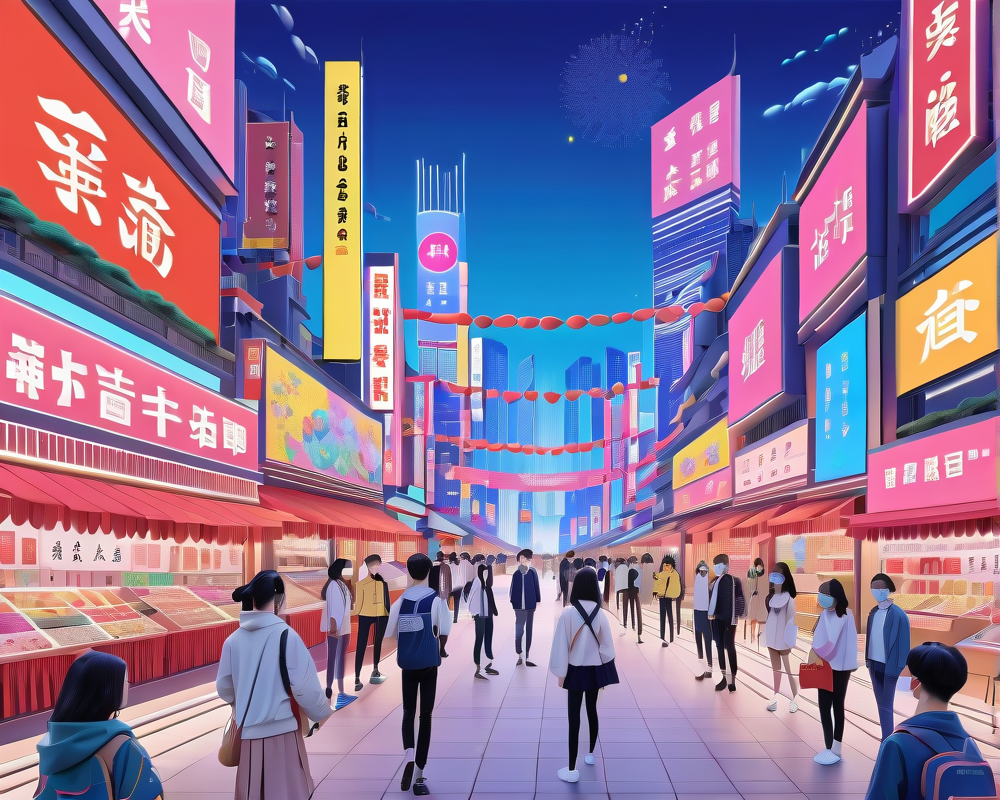Setting the Stage for Metaverse Innovation
On May 22, the bustling city of Nanjing, nestled in Jiangsu province, made headlines with the grand inauguration of the China Metaverse Technology and Application Innovation Platform. But don’t be fooled; this isn’t just another tech buzzword! This platform marks a serious commitment to pushing the boundaries of metaverse research and development across the Chinese landscape.
Who’s Behind This Grand Initiative?
Leading the charge is the Nanjing University of Information Science and Technology (NUIST), with a diverse group of founding members hailing from various academic institutions and metaverse-related companies throughout mainland China. It’s like a tech dream team, assembled to crack the code of a virtual universe where anything is possible (yes, even that silly idea you had about an online cat festival).
The Metaverse Explained
For the uninitiated, the metaverse is no longer just a sci-fi term thrown around in tech forums. It describes a collective digital space that spans virtual worlds and augmented reality, where humans and avatars interact in real time. Think of it as a massive online playground that’s constantly evolving—kind of like your favorite game but with a touch of serious academic endeavor.
The Race for Metaverse Dominance
Nanjing isn’t the only city vying for metaverse supremacy; it’s a digital race that’s gaining speed! The city unveiled its ambitious metaverse strategy back in February 2023, with grand expectations set: an annual revenue of over 135 billion yuan (that’s $19.13 billion for those still converting) by 2025. Meanwhile, Shanghai is not sitting on the sidelines, projecting a staggering revenue of 350 billion yuan ($49.6 billion) within the same timeframe. They even showcased 20 initial metaverse use cases, ranging from virtual health check-ups to architectural site tours—all in the name of tech advancement.
Challenges and Regulations Ahead
While the skies above the metaverse look bright, they aren’t without clouds. With China maintaining tight grip regulations on cryptocurrencies and NFTs, the future of metaverse applications appears to be a balancing act. However, a recent statement from Wu Zhong-ze, the former Deputy Minister of the Ministry of Science and Technology, underlines the necessity of broadening the metaverse’s scope in sectors like education, commerce, healthcare, and entertainment. He advocates the establishment of industry standards to ensure a smoother path ahead in this virtual frontier.
“The metaverse is more than just a digital trend; it’s a powerful tool for economic transformation,” Wu stated.
As Nanjing and its counterparts forge ahead in crafting the metaverse, we can’t help but wonder—could this digital playground potentially mimic the fantastical worlds of ‘Snow Crash’? Only time will tell, but one thing is for sure, the metaverse is shaping up to be a rollercoaster ride of innovation and creativity.




